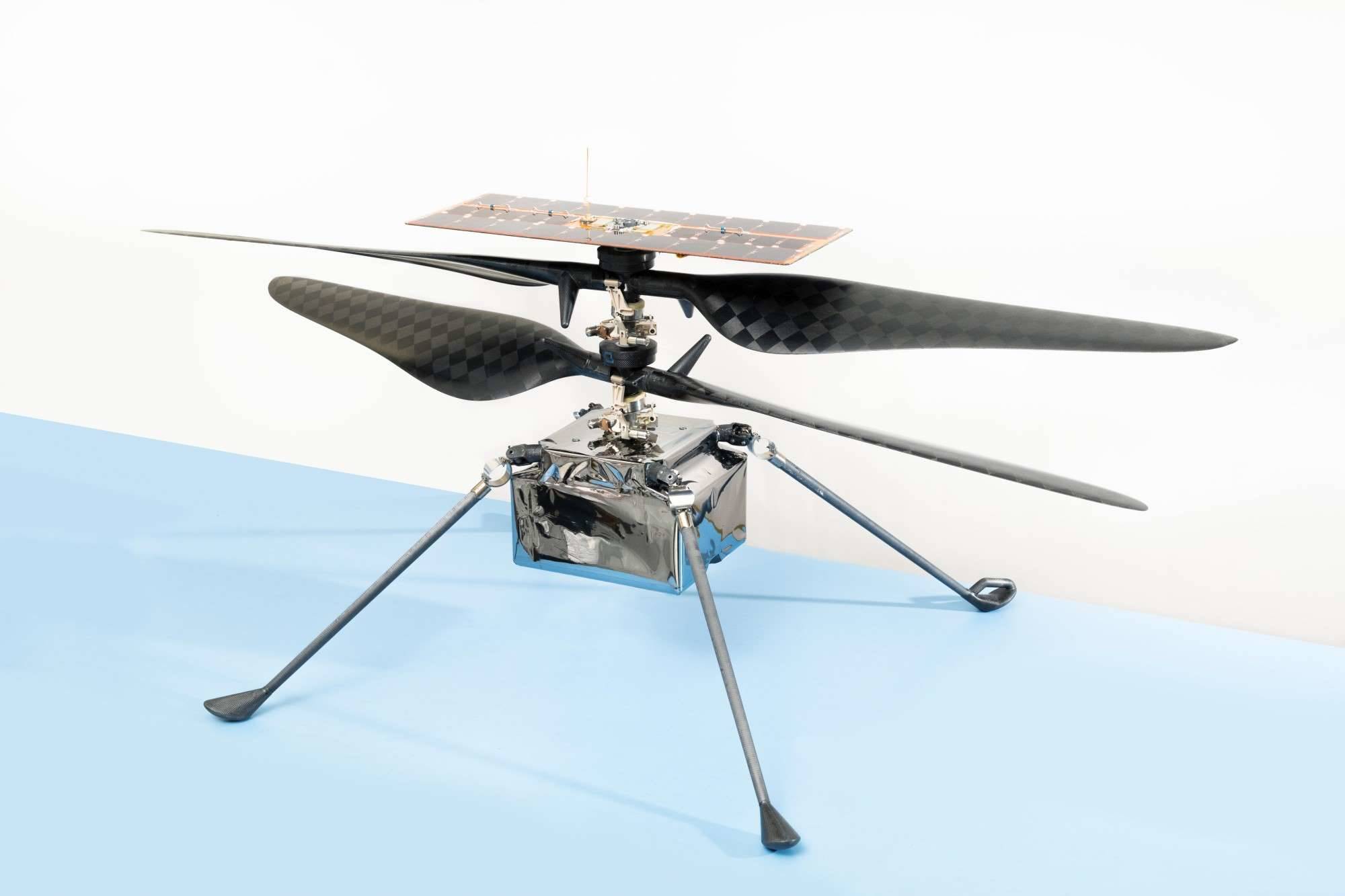By Mike Freeman
The San Diego Union-Tribune
The first controlled flight of drone on another planet — originally slated for Sunday — now won’t happen before Wednesday at the earliest.
Based on data that arrived on Earth late Friday night, NASA put off the inaugural flight of the Ingenuity Mars Helicopter. The drone is powered by San Diego-based Qualcomm’s robotics platform, which includes a processor used in many Android smartphones from a few years ago.
In a blog post, NASA said during a high-speed spin test of Ingenuity’s rotors on Friday, the command sequence controlling the test ended early due to a “watchdog” timer expiration. The watchdog timer oversees the command sequence and alerts the system to any potential problems, helping to keep the drone safe by not proceeding if an issue pops up.
This occurred during the steps to transition the flight computer from pre-flight to flight mode. NASA said the watchdog timer performed properly, and the helicopter is safe and healthy and communicated its full testing data set back to Earth.
Now the Ingenuity team is reviewing the data to diagnose and understand why the watchdog timer engaged. Once that happens, NASA will reschedule the full-speed test in preparation for the actual flight.
Ingenuity aims to prove that powered flight is possible in Mars’ thin atmosphere, which requires the drone’s rotors to spin at significantly higher speeds to stay airborne. If successful, it could change the way planets are explored, with drones acting as scouts for rovers or even astronauts.
The helicopter arrived on Mars attached to the underbelly of the Perseverance rover in mid-February. It has been deployed and is charging batteries and performing testing ahead of its maiden flight.
For the initial test, Ingenuity is slated to take off a few feet from the ground, hover for 20 to 30 seconds, and land. After that, Ingenuity is expected to attempt additional experimental flights of farther distance and greater altitude.


